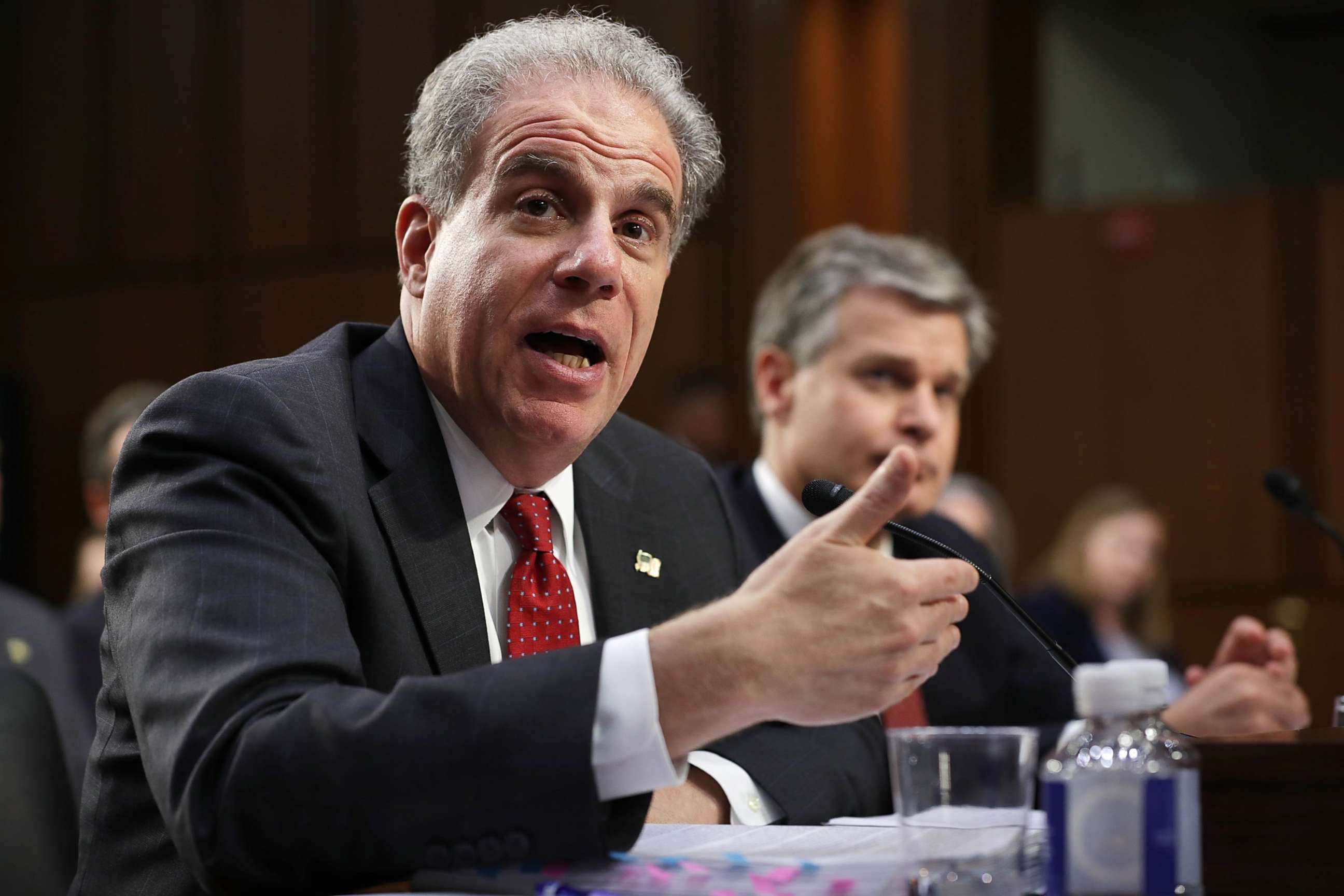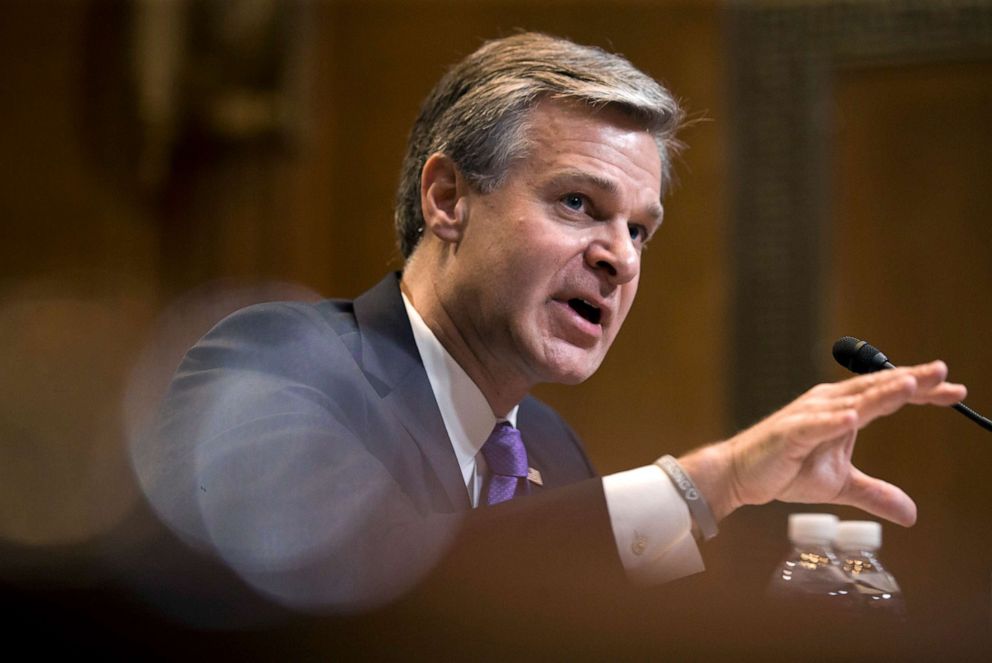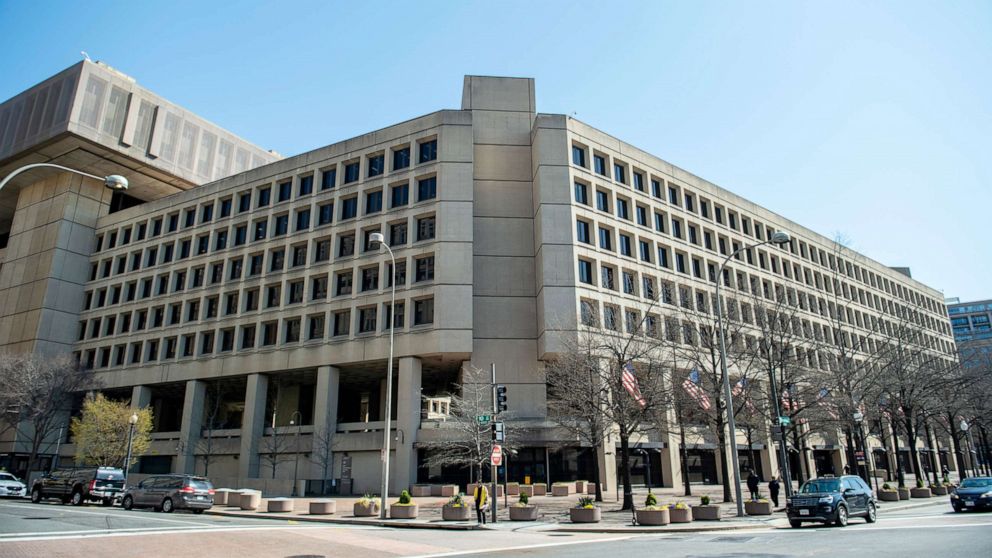FISA court issues rare order to DOJ, FBI following scathing watchdog review
The Foreign Intelligence Surveillance Court issued a rare order Tuesday to the FBI and Department of Justice, demanding they spell out a series of planned reforms following a damning report from the DOJ's inspector general that scrutinized surveillance of a former aide to President Donald Trump's campaign.
The order cites allegations of wrongdoing in a report released last week by Inspector General Michael Horowitz, and argues the FBI's handling of the surveillance was done in a way that is "antithetical to the heightened duty of candor" expected by the court.
While Horowitz determined that the opening of the Russia investigation was not improper, he also documented a series of "significant errors or omissions” made by FBI agents seeking surveillance warrants for Carter Page, a former Trump campaign adviser who had lived and worked in Russia.

Horowitz specifically found instances where potentially exculpatory evidence was not passed on from the FBI to DOJ lawyers, who in turn did not inform the court as it repeatedly re-authorized surveillance warrants targeting Page.
"When FBI personnel mislead [DOJ] in the ways described above, they equally mislead the FISC," the court's presiding judge, Rosemary Collyer, wrote in the order. "The frequency with which representations made by FBI personnel turned out to be unsupported or contradicted by information in their possession, and with which they withheld information detrimental to their case, calls into question whether information contained in other FBI applications is reliable."
Collyer's order demands the FBI and DOJ spell out its plans for reforms to the FISA process by no later than Jan. 10.
In a statement reacting to the FISA court's order, the FBI said Director Chris Wray has "ordered more than 40 corrective steps to address the Report’s recommendations, including some improvements beyond those recommended by the IG."
"As Director Wray has stated, the Inspector General’s report describes conduct by certain FBI employees that is unacceptable and unrepresentative of the FBI as an institution," the statement said. "FISA is an indispensable tool in national security investigations, and in recognition of our duty of candor to the Court and our responsibilities to the American people, the FBI is committed to working with the FISA Court and DOJ to ensure the accuracy and completeness of the FISA process.”

In an exclusive interview with ABC News last week, Wray noted that "every error and omission is significant and it's something we need to take seriously." But Wray also sought to highlight Horowitz's finding that the investigation was opened with proper cause.
Attorney General Bill Barr has taken his criticism a step further, though, saying he disagrees with Horowitz's assessment that the investigation was properly predicated, and suggesting some FBI agents in the FISA process may have purposely acted in "bad faith" in order to hurt President Trump.
"The core statement in my opinion by the I.G. is that these irregularities, these misstatements, these omissions were not satisfactory explained and I think that leaves open the possibility for bad faith," Barr said. "I think it's premature now to reach a judgment on that, but I think further work has to be done."
Senate Judiciary Chairman Sen. Lindsey Graham suggested in a hearing with Horowitz last week that the alleged abuses uncovered in the FISA process might warrant shuttering the court entirely.
"I would hate to lose the ability of the FISA court to operate at a time probably when we need it the most," Graham, R-S.C., said. "But after your report, I have serious concerns about whether the FISA court can continue unless there is fundamental reform."
Graham pressed Horowitz in the hearing as to whether he believed the Page FISA process ever became "unlawful."
"I will let the court decide that. The court has this report and will make that decision," Horowitz answered.
The letter issued by the court Tuesday, however, makes no statement about the lawfulness of the warrants, though it was not immediately clear whether the court might issue a separate determination after it receives its response from DOJ and FBI.




